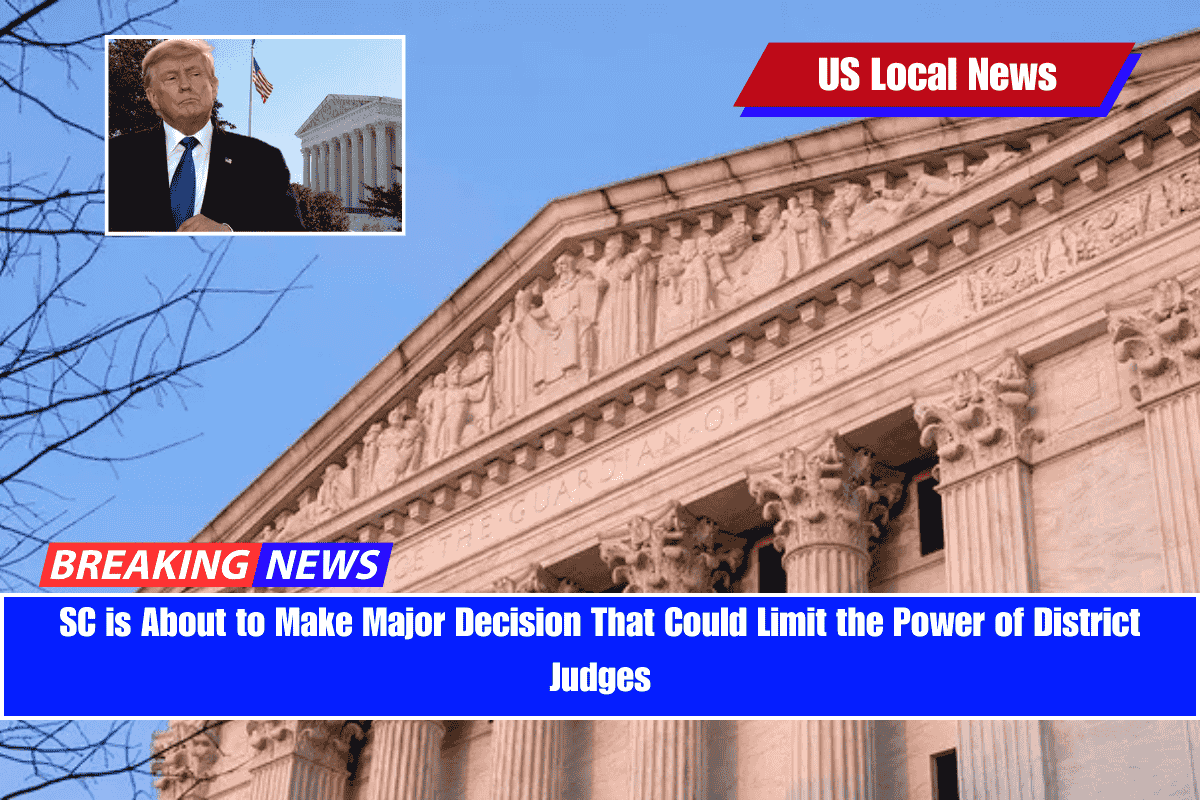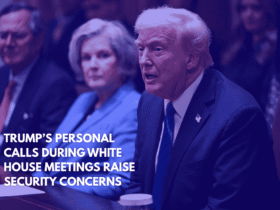WASHINGTON, D.C. — In a case that could reshape the legal landscape of presidential power and judicial authority, the U.S. Supreme Court has agreed to hear arguments on whether federal district judges can issue nationwide injunctions—a legal tool that has often blocked the Trump administration’s policies from taking effect across the country.
The court will hold oral arguments on May 15, signaling just how significant the justices consider this issue. The decision could have far-reaching consequences for how courts handle executive actions, and particularly whether individual judges can freeze federal policies for all Americans based on a single court case.
Background: Trump’s Executive Order on Birthright Citizenship
The case stems from a controversial executive order signed by President Donald Trump during his second term, aimed at ending birthright citizenship for children born in the United States to undocumented immigrants.
In response, three federal judges issued separate nationwide injunctions, halting the order’s enforcement across the country.
The Trump administration challenged these broad rulings, arguing that courts should only block policies for the parties directly involved in a lawsuit—not the entire nation.
On Thursday, the Supreme Court consolidated the three cases and set them for joint review.
What Are Nationwide Injunctions?
Nationwide injunctions, sometimes called universal injunctions, are court orders that stop the federal government from enforcing a law or policy across the entire country, even if the legal challenge is brought by one individual or a small group.
While they have historically been rare, they have become increasingly common in recent years—especially in high-stakes cases involving immigration, healthcare, environmental regulations, and civil rights.
Critics, like the Trump administration, argue that this practice allows a single judge to wield excessive power, effectively blocking presidential actions even before the appeals process plays out.
Supporters say such injunctions are sometimes the only effective way to protect people’s rights, especially when a policy may harm many people nationwide.
The Trump Administration’s Emergency Appeal
In March, the Trump administration filed an emergency appeal to the Supreme Court, asking it to narrow the scope of the injunctions issued against the birthright citizenship order.
The administration argued that injunctions should be limited to individuals directly impacted by the ruling and not extend to the entire U.S. population.
Acting Solicitor General Sarah Harris described the rise of universal injunctions as an “epidemic”, stating that in the first three years of the Biden administration, 14 such injunctions were issued—compared to 15 issued against Trump in just one month during his current term.
The administration sees the issue as critical to protecting the executive branch’s ability to govern without constant interference from unelected judges.
What’s at Stake
The Supreme Court’s decision could drastically change how future lawsuits against the federal government unfold. If the justices rule against nationwide injunctions:
- Presidents may have more flexibility to enforce policies even while legal challenges are pending.
- Federal judges would have less influence beyond their district or circuit.
- Litigants may be forced to file multiple lawsuits in different jurisdictions to achieve national impact.
On the other hand, upholding the practice of nationwide injunctions would affirm judicial checks on executive power, especially when constitutional rights are at stake.
When Will We Know the Outcome?
Oral arguments are scheduled for 10 a.m. on May 15, just weeks before the Supreme Court’s annual summer recess begins in July. A decision is expected before the end of the term, making it one of the most closely watched rulings of the year—especially during a high-stakes presidential election cycle.











Leave a Reply